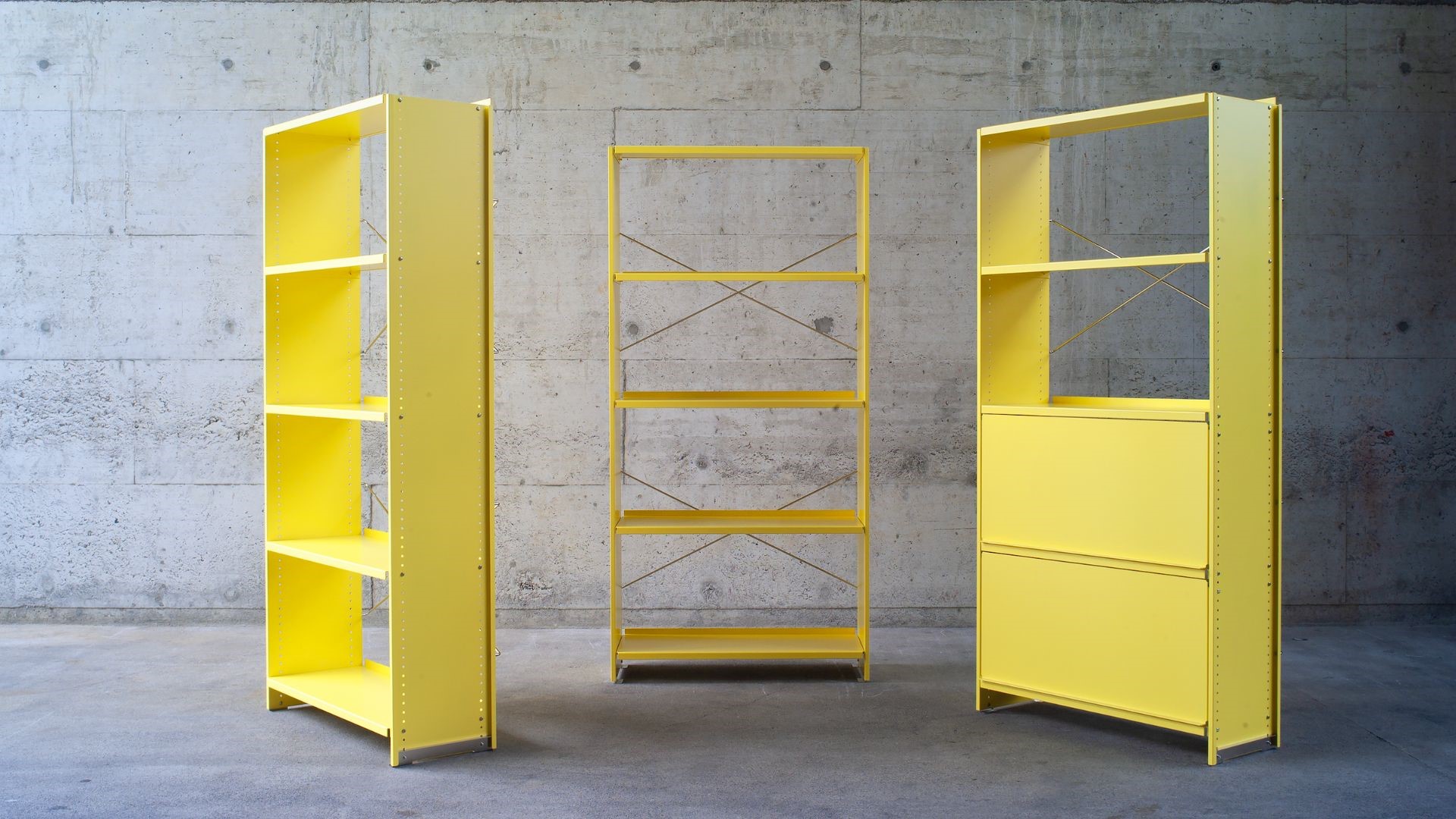您想继续阅读英文文章还
是切换到中文?
是切换到中文?

THINK ALUMINIUM THINK AL CIRCLE

Lehni recently showcased its timeless Aluminium Shelf at Milan Design Week, a staple of the company's expertise since the 1960s. Despite starting as a plumbing workshop in 1922, Lehni has always been closely connected to architecture and art.

Partnerships with eminent personals like Max Bill in the 1930s and esteemed artists such as Sol LeWitt and Donald Judd strongly complemented Lehni's appearance in the artistic regime. In 1956, Rudolf Lehni Jr. expanded the company's scope, digressing into industrial design, which led to the development of the company's first Aluminium Shelf, designed by Swiss designer Andreas Christen in 1964.
Today, Lehni continues to create minimalist, enduring, and sustainable designs using the advantageous characteristics of aluminium, such as reusability, lightweight strength, formability, and corrosion resistance. Aluminium has incredible flexibility, which helps form any desired shape with the non-ferrous metal, making it one of the choicest materials for furniture making and the construction industry.
The company notified: "In everything we do, we always concentrate on the essential: everything from the house of Lehni is radically and masterfully produced in a harmonious interplay of function, quality and formal beauty. Aesthetics is never an end in itself but always follows the function. At the same time, our products always remain what they are. A shelf is a shelf, just as a wardrobe is simply an elegant and practical way to store one's clothes."
In addition to the Aluminium Shelf, Lehni's exhibition also featured other notable items from their historical collection, including the side table, a factory design from the 1970s, and the Ensō lounge chair, introduced in 2021 and designed in collaboration with Brand Qwstion by Frédéric Dedelley and Christian Kägi.
The Ensō lounge chair incorporates 70% recycled aluminium and a seat fabric crafted entirely from banana tree fibres, making it fully compostable and embracing the principles of the circular economy.
Lehni's newest creation, the Flex 2.0 table, designed by Hanspeter Weidmann between 2012 and 2023, debuted at the 2023 Salon. This table is practical and functional with its minimalistic design, while the anodized surface and proportionate form talk of articulate planning. The table's simplicity is impressive, consisting of only three laser-cut aluminium parts that are folded and screwed together, with no welding or adhesive materials. Using aluminium as the primary material grants the table extraordinary lightness and durability.
Responses








